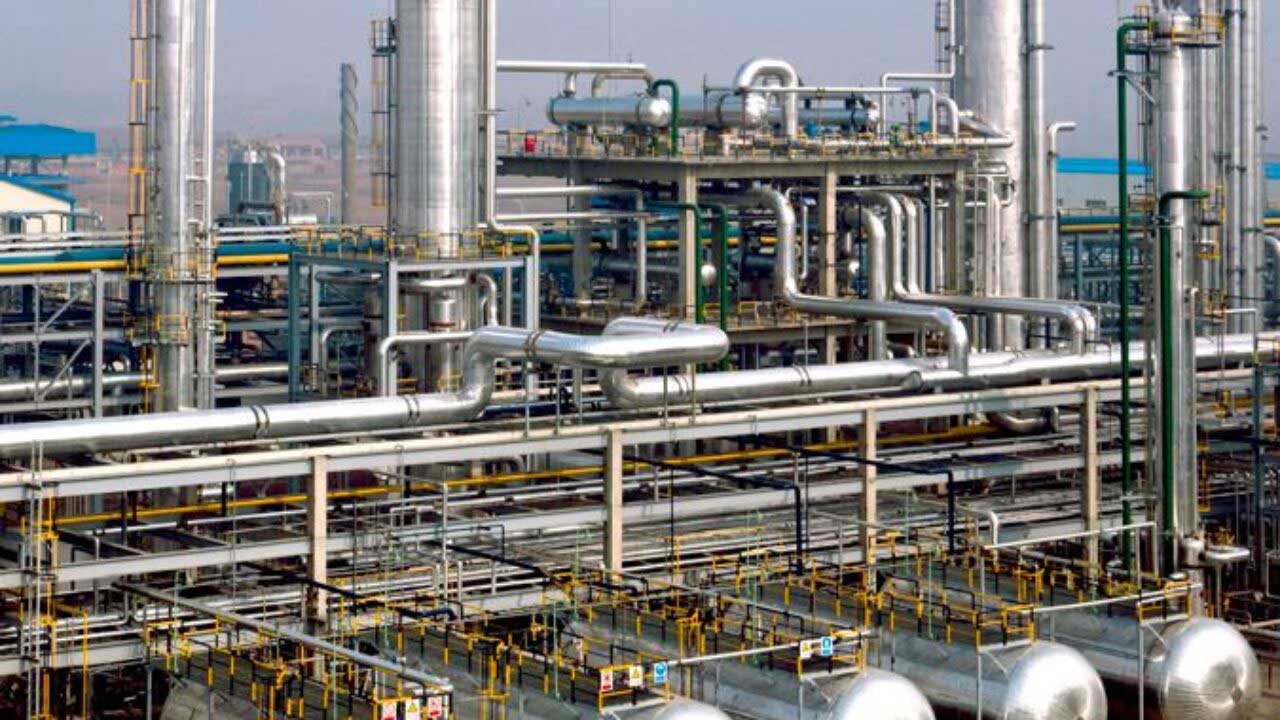Nigeria delivered 67,657,559 barrels of crude oil to local refineries between January and August 2025, according to the Federal Government. The Nigerian Upstream Petroleum Regulatory Commission (NUPRC) confirmed the figure in Abuja. They emphasized that the delivery aligns with the Petroleum Industry Act 2021 and the Domestic Crude Supply Obligation (DCSO) policy designed to guarantee feedstock for local refineries.
Demand Versus Supply: A Big Gap
Refiners requested 123,480,500 barrels for the first half of 2025, yet they received only about 55.8 million barrels fewer than needed. Thus, they obtained roughly 45% less crude than their stated demand. This gap in supply undermines their ability to run at full capacity. As oil production increased to 1.63 million barrels per day in August, much of the crude still headed for export, leaving local refineries struggling for feedstock.
Who Gets the Crude and Under What Policy
Federal Government delivered crude under the DCSO framework to both modular and state-owned refineries. Facilities like Waltersmith, Aradel Energy, and those under the Nigerian National Petroleum Company Limited benefitted. Officials noted that upstream producers must reserve part of their crude for domestic processors under the DCSO. However, enforcement remains weak in many cases, so many producers prioritize exports given higher foreign currency returns.
Challenges Facing Domestic Refineries
Local refiners struggle with inconsistent crude supply, volatile exchange rates, and low pricing discipline. Because producers often sell crude to international buyers paying in dollars, domestic refiners cannot always match those offers. They argue the “willing buyer, willing seller” arrangement disadvantages them, particularly when local currency weakens and inflation rises. Moreover, some refineries remain idle or underutilized because they lack the maximum crude supply to operate efficiently.
Impacts on the Economy and Fuel Independence
Because Nigeria cannot supply enough crude locally, the country still depends heavily on imported refined petroleum products. That dependence drains foreign reserves and raises fuel costs for consumers. Also, local refining investments risk underperforming because return depends on consistent feedstock. When supply falls short, so do earnings and planned expansions. Critics warn that unless Ghana, Tanzania, or other regional players boost refining, Nigeria could lose its competitive advantage in fuel supply in West Africa.
What Must Be Done Next
The government needs stronger enforcement of the DCSO policy. They should impose penalties on producers who under-deliver without just cause. Also, transparent pricing models must emerge so domestic refineries can afford crude at fair but sustainable rates. In addition, government might offer incentives for producers to prioritize local sales or provide subsidies to offset currency losses. Furthermore, scaling modular refineries and reviving state-owned refineries would raise domestic refining capacity.
Conclusion
Nigeria’s crude supply to domestic refineries reached over 67.6 million barrels during the first eight months of 2025, yet demand exceeded supply by a large margin. While policy frameworks like the Petroleum Industry Act 2021 and DCSO exist, implementation lags behind. Strengthened regulation, fair pricing, and committed upstream-downstream cooperation must follow. Otherwise Nigeria’s vision of refining self-sufficiency remains a promise rather than reality.
Bonus Read: How a Nigerian Hacker Stole $235,000 from a U.S. University Contractor




One thought on “Nigeria Supplies 67.6 Million Barrels of Crude to Local Refineries but Demand Still Far Higher”